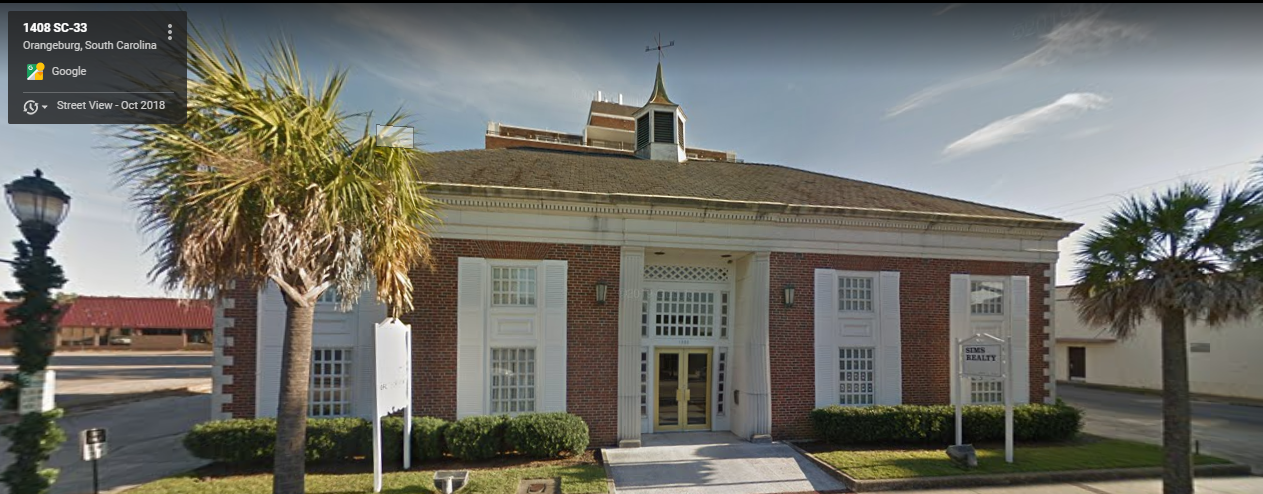UNDERSTANDING THE COURTS

For most, the court system can complex and something to leave with lawyers and judges. Many will read headlines about criminals going on trial for major crimes. Some may be called to jury duty at some point, and learn about either a criminal or civil case. Some may have to deal with the estate of a loved one who has died. What can be difficult is understanding the various types of courts and what they do.
Probably the most important courts are the court of common pleas and the general sessions court. Court of common pleas is the state court which has jurisdiction over state law civil matters. This involves law suits of private parties, like when one party is injured in a car wreck and sues the other driver for the injuries sustained. In this court cases, it is one private party against another, and the normal remedy is a money judgment to make up for the damages. It can also involve contract disputes or property disputes in which the normal remedy is some kind of money judgement. The trials can be done solely by the judge, called a "bench" trial, or a trial by jury. In trial by jury the judge determines questions of law and jury questions of fact. Judgments and verdicts can be appealed to higher courts at the state level (Court of Appeals and state Supreme Court). The Judges are "Circuit Court" judges.
General sessions court involves the same judges as with the court of common pleas, and usually in the same location as the court of common pleas. General sessions involves jurisdiction over criminal matters, in which the parties are the accused defendant and the "state" represented by a prosecutor. Even though victims of a crime have an interest in the prosecution, theoretically it is the state which is the party and brings the matter as the defendant is a danger and harmed the state. As with common pleas, verdicts and judgments can be appealed. The defendant usually faces time in prison or probation, but can also be ordered to restitution of money to the victim to make the victim whole.
Master in Equity Court is held in the bigger counties of the state, and will determine questions of equity. Foreclosures are a primary focus, but the court hears all equitable issues by the Master in Equity judge. The Circuit Court judges can refer cases to the Master in Equity if the issue is of equity (fairness).
Family Court hears all family law issues, like divorce, custody, adoption orders dealing with support for parties which are physically separated, and other such matters. It is also the court that hears department of social services issues. The judges are distinct from the circuit judges and each county has one family court judge. Trials are only by judge, and the physical courts are smaller and meant for parties, witnesses, and close family. The idea is to allow for privacy in tough family matters and issues dealing with children which should not be public.
Probate court is similar to Family court in having one court per county and a particular judge handling probate matters. Probate handles those things dealing with death, like processing and adjudicating estates of those who have died. It also handles issues like common law marriage. Trials are held by probate judges who make determinations of things which include heirs of estates, personal representatives of estates, and accounting for estates.
Counties will have multiple Magistrate Courts, which are commonly referred to as "people's court". These courts have jurisdiction for misdemeanor type offenses and civil cases involving up to $7500. These courts allow for jury trials, but the litigation is much less expensive and streamlined. The litigation does not include discovery, and can be tried in a few months instead of a year in the court of common pleas. Civil judgments from these courts can be recognized by the court of common pleas (through a judgment roll) to allow for law enforcement at the county to enforce.
Administrative agencies in the county or state can have administrative courts separate from the above. Additionally, cases can sometimes by "removed" to Federal Courts within the states for Federal Courts to have jurisdiction (though this is for a separate article).
This should help give an idea of the various courts. It's important to consider which court should hear your case and that you speak with a good attorney!













